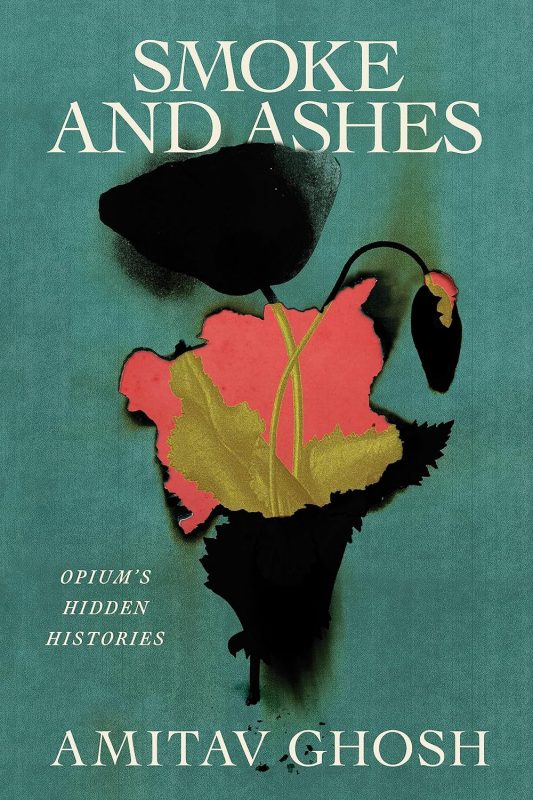A perceptive exploration of the opium trade as a murky backdrop to the ebb and flow of civilizations.
Acclaimed Indian writer Ghosh developed an interest in the opium trade during his research for the widely praised Ibis trilogy. This work serves as both a supplementary piece to those novels and an independent examination. Ghosh notes, “Opium’s unique ability to intertwine with human affairs has spawned numerous parallels between past and present.” Alongside his fiction, Ghosh has delved into nonfiction, notably addressing climate change in The Great Derangement. The narrative delves into opium’s pervasive influence, tracing its impact on global commerce and national development. Over the past two centuries, opium has left virtually no aspect of society untouched. Ghosh scrutinizes how, under British colonial rule, opium became integral to India’s economy in the 19th century, becoming its primary export to China. The social repercussions in both nations were severe, eroding trust in Chinese governance. Opium’s reach expanded worldwide with Indian migration, and its legality persisted in many regions until recently. The profitability of poppy cultivation has thwarted eradication efforts, with Ghosh noting a surge in production surpassing historical levels. This growth is intertwined with the escalation of opioid addiction in the U.S., which Ghosh identifies as a significant factor in societal disintegration. While some may find Ghosh’s arguments occasionally exaggerated, the core premise of opium’s malevolent influence remains indisputable.
A well-researched, engaging, disquieting voyage into the shadows of history.
Get this book on Amazon. Grab your own copy now!
Author: Amitav Ghosh
Page Count: 416
Rating: 4.5 Stars
Reviewer: Mary Owens
